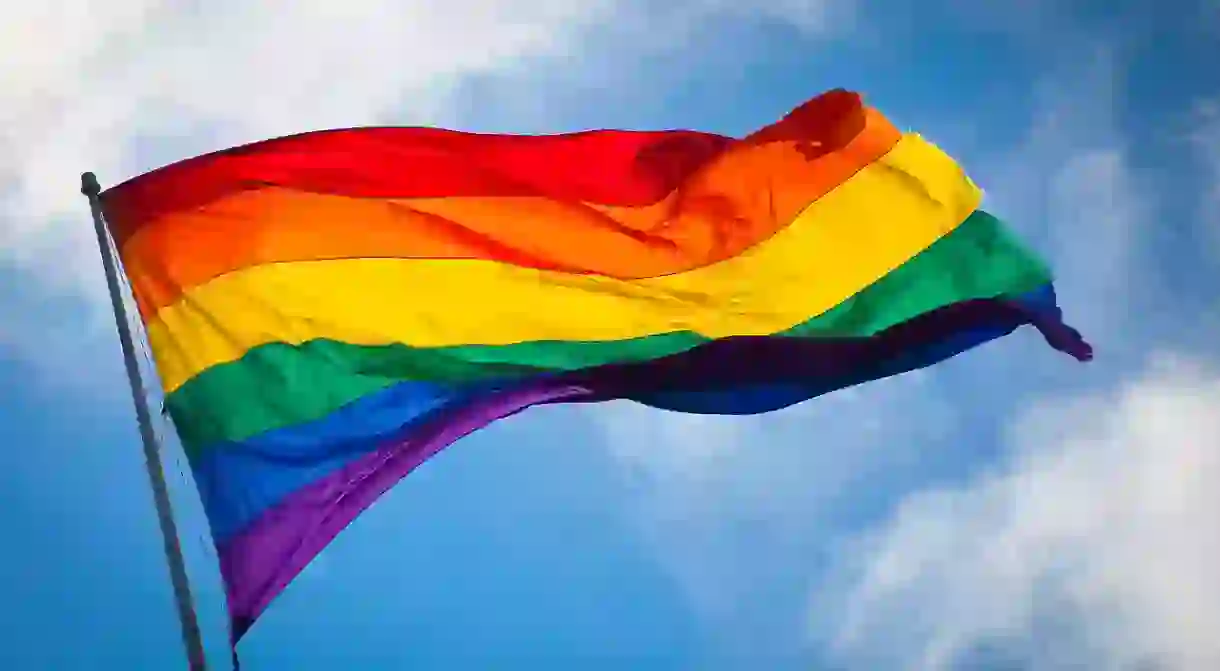Will Australia's Same-Sex Marriage Vote Actually Change Anything?

Last week the Australian government called for a postal plebiscite on marriage equality after the Senate rejected a compulsory vote proposed by the Liberal Party. However, unlike a referendum, this vote is not-binding.
Conducted by the government, a plebiscite is a voluntary vote that assesses the public’s opinion on a particular issue. According to the latest Essential poll, 43% of voters aged 18-34 approve of the decision to hold a postal ballot, while 42% disapprove. Meanwhile, 56% of those aged 55 and over disapprove of the plan. Professor Paula Gerber, deputy director of the Castan Center for Human Rights Law at Monash University in Melbourne, called the plebiscite ‘a glorified opinion poll.’
At a cost of $122 million Australian dollars, the postal vote is an expensive exercise to gauge public opinion, with Advocates for marriage equality labelling the vote as ‘irregular and unscientific.’ And while many same-sex marriage supporters are eager to have their say, others plan to boycott what in their eyes is an illegitimate vote. In addition to the cost, the ballot is non-binding on lawmakers meaning that the Parliament, dominated by the right-leaning Liberal Party, would still need to approve the legalization of same-sex marriage.
https://www.youtube.com/watch?v=vpMGxukbdbw
In 2015, Ireland became the first country to legalize same-sex marriage through popular vote, but unlike the Australian vote it was legally binding. Despite the result, Grainne Healy co-director of Irelands Yes Equality campaign urged Prime Minister Malcolm Turnbull, in a letter to all MPs, not to conduct a plebiscite as the experience can have traumatic consequences for the LGBTI+ community.
The plebiscite was first suggested in August 2015 by Malcolm Turnbull who was then-Minister for Communications under the Abbott Government. A month later, Turnbull became Prime Minister and now two years later he is following up on his promise to put the vote to the people. ‘We will not facilitate the introduction of a private members bill on this matter unless the Australian people have given their support through a ‘yes’ vote,’ Prime Minister Turnbull said on Thursday.
Australians not currently registered on the electoral roll have 14 days (until August 24) to enrol or update their details with the Australian Electoral Commission. Then, depending on the outcome of the forthcoming High Court Challenge in September, ballot papers will be returned in November with a result expected on November 25th. However, there are serious concerns regarding the Federal Government’s decision to intrust the Australian Bureau of Statistics (ABS) with the postal vote instead of the Australian Electoral Commission. Melissa Donnelly, deputy secretary of Community and Public Sector Union (CPSU) said the ABS was ‘already under massive pressure and struggling with its core functions after two rounds of job cuts.’
Come November, should the ballot come back with a ‘no’ Mr. Turnbull will not facilitate a free vote in Parliament, a decision that provides a glimmer of hope for the legislation of same-sex marriage. The Labour Party have also promised to legalise marriage equality within the first 100 days of office should they win the next federal election.
You can check your enrolment using this link.













